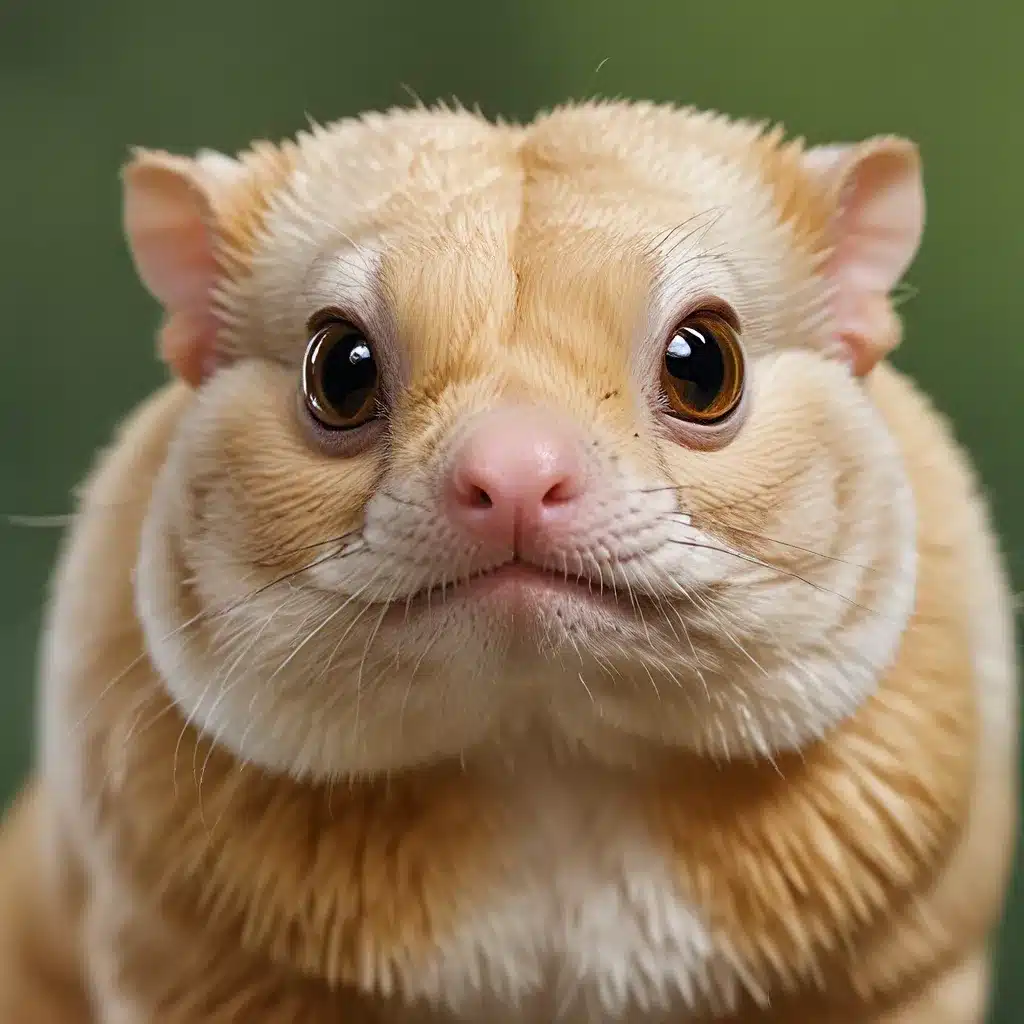
Ah, the world of exotic pets – a realm where our curiosity and desire for the unconventional collide in a captivating dance. As an avid pet enthusiast, I’ve always been intrigued by the allure of these unique companions, from the sleek and slinky ferret to the majestic yet mischievous parrot. But as our collective fascination with exotic animals grows, so too do the ethical considerations that come with their care and ownership.
Navigating the Complexities of Exotic Pet Ownership
In the ever-evolving landscape of pet ownership, the line between what is considered “normal” and “exotic” is becoming increasingly blurred. What was once the exclusive domain of the adventurous or the eccentric is now seeping into the mainstream, with more and more people seeking out these unique creatures to grace their homes.
But with this surge in popularity comes a host of questions and concerns. Are we, as pet owners, truly equipped to provide the specialized care and attention these animals require? And what are the broader implications of our collective fascination with the exotic, both for the animals themselves and the delicate ecosystems they inhabit?
Recent studies have shed light on the complex challenges faced by those who choose to welcome an exotic pet into their lives. From the intricate requirements of their habitats to the potential for disease transmission, the responsibilities of exotic pet ownership go far beyond the surface-level appeal.
Ethical Considerations: A Balancing Act
As we delve deeper into the world of exotic pets, it’s crucial that we approach the topic with a keen eye for ethics. After all, these animals are not mere novelties to be paraded around for our own amusement; they are living, breathing creatures with unique needs and vulnerabilities.
One of the primary ethical concerns surrounding exotic pet ownership is the issue of animal welfare. Many of these animals, when removed from their natural habitats, struggle to adapt to the confines of domestic life. The stress and discomfort they experience can lead to a host of physical and behavioral issues, from poor health to abnormal stereotypic behaviors.
Experts argue that the responsibility of exotic pet owners extends far beyond simply providing a roof over their heads and a steady supply of food. These animals require specialized diets, specific environmental conditions, and, in many cases, extensive socialization and enrichment – all of which can be challenging for the average pet owner to manage.
But the ethical considerations surrounding exotic pets don’t end there. There’s also the question of the broader environmental impact of the exotic pet trade. As demand for these unique creatures grows, so too does the pressure on their native habitats, leading to increased deforestation, habitat fragmentation, and the disruption of delicate ecological balances.
Navigating the Ethical Minefield
So, how do we, as pet enthusiasts and conscientious consumers, navigate this ethical minefield? The answer, it seems, lies in a careful and considered approach to exotic pet ownership.
One key consideration is the source of the animal. Responsible breeders and ethical rescue organizations can help ensure that the animals in question have been treated with the utmost care and respect, minimizing the impact on their wellbeing and the environment.
Another important factor is the individual’s level of expertise and commitment. Exotic pets are not a one-size-fits-all proposition; each species has its own unique requirements and challenges. Thoroughly researching the needs of the animal and ensuring that you have the resources and knowledge to provide the necessary care is essential.
And let’s not forget the importance of considering the broader social and environmental implications of exotic pet ownership. By staying informed and advocating for responsible practices within the industry, we can all play a role in shaping a more ethical and sustainable future for these remarkable creatures.
The Promise of Golden Exotic Pets
As I ponder the evolving landscape of exotic pet ownership, I can’t help but be drawn to the promise offered by Golden Exotic Pets. This innovative company has made it their mission to redefine the way we approach exotic animal care, with a steadfast commitment to ethical practices and the wellbeing of their furry, feathered, and scaly charges.
Through their comprehensive educational resources and personalized consultations, they empower prospective pet owners to make informed decisions, ensuring that the animals in their care are not merely treated as novelties, but as the complex and sensitive creatures they are. And with a focus on sustainable sourcing and responsible breeding practices, Golden Exotic Pets is leading the charge in minimizing the environmental impact of the exotic pet trade.
Embracing the Exotic, Responsibly
As we look to the future of exotic pet ownership, it’s clear that the ethical considerations will only continue to grow in importance. But rather than shying away from this challenge, I believe we have a unique opportunity to redefine the way we engage with these remarkable animals.
By embracing the exotic with a renewed sense of responsibility and respect, we can cultivate a future where the joy of pet ownership is balanced with a deep understanding of the needs and vulnerabilities of our unique companions. It’s a delicate dance, to be sure, but one that is worthy of our utmost attention and care.
So, let us embark on this journey together, exploring the evolving landscape of exotic pet ownership with open minds and compassionate hearts. For in doing so, we may just uncover the path to a more ethical and sustainable future for all.

